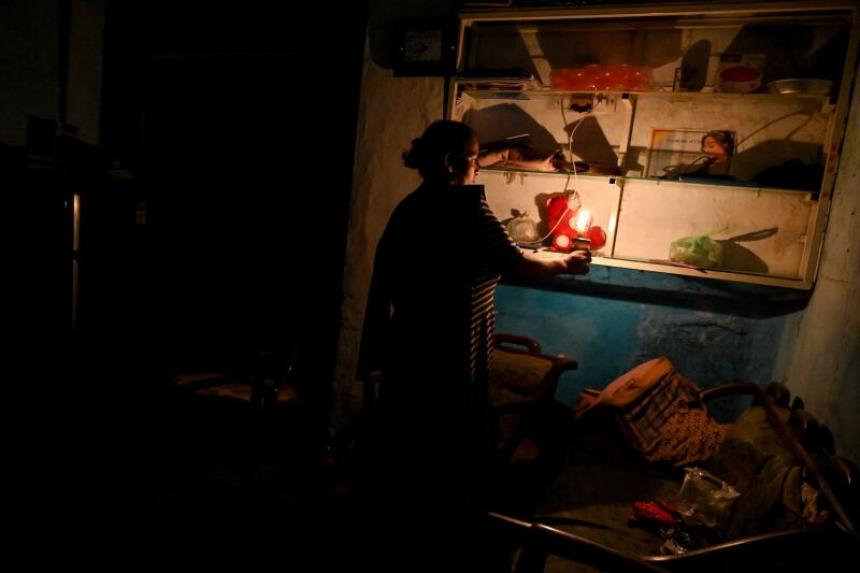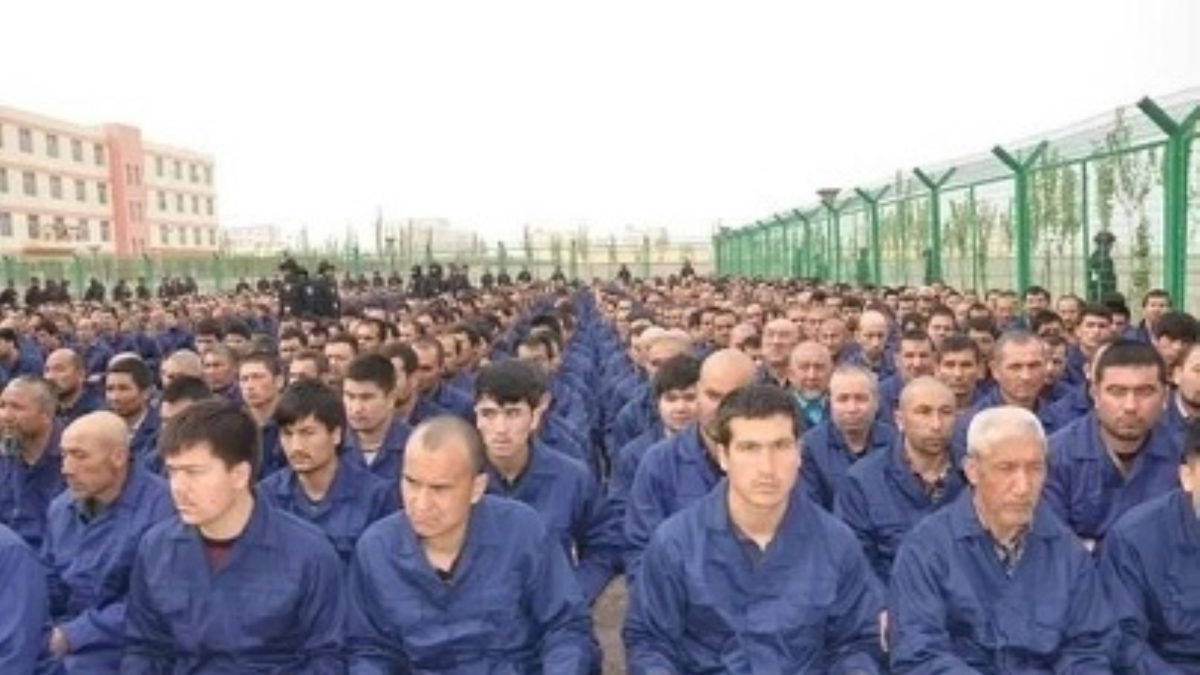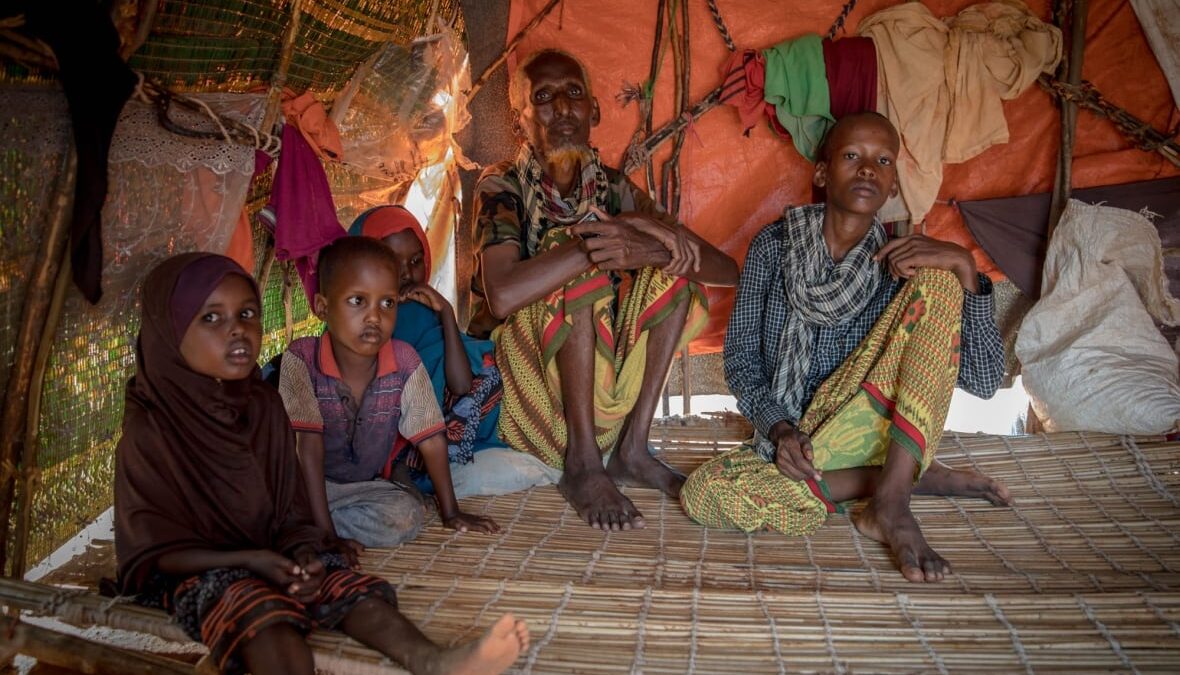Power cuts in Sri Lanka could continue into May 2022 – Nation experiencing worst economic spiral since independence in 1948

COLOMBO, 31 March 2022 (The Straits Times) – Sri Lanka’s power minister said on Thursday (31 March 2022) that power cuts could continue into May, as many parts of the crisis-hit country currently face up to 13 hours without electricity due to a shortage of foreign currency to import fuel.
Pavithra Wanniarachchi said that a diesel shipment under a US$500 million (S$676 million) credit line from India is expected to arrive on Saturday.
“Once that arrives we will be able to reduce load shedding hours but until we receive rains, probably sometime in May, power cuts will have to continue. There is nothing else we can do,” Wanniarachchi said.
Sri Lanka earlier announced nationwide 13-hour daily power cuts from Thursday and more hospitals suspended routine surgeries after running out of life-saving medicines.
The South Asian nation of 22 million people is in its worst economic spiral since independence in 1948, sparked by an acute lack of foreign currency to pay for even the most essential imports.
The state electricity monopoly said it was extending Wednesday’s 10-hour power cut by another three hours from Thursday, enforcing a 13-hour rolling nationwide blackout.
The country had been under severe electricity rationing since the start of the month and the monopoly said an earlier hike in power outage from seven hours to 10 hours was imposed because there was no oil to power thermal generators.
More than 40 per cent of Sri Lanka’s electricity is generated from hydropower, but most of the reservoirs were running dangerously low because there had been no rains, officials said.
Most electricity production is from coal and oil. Both are imported but in short supply, as the country does not have enough dollars to pay suppliers.
At least two more hospitals reported suspending routine surgeries because they were dangerously low on vital medical supplies, anaesthetics and chemicals to carry out diagnostic tests, and wanted to save them for emergency cases.
The country’s biggest medical facility, the National Hospital of Sri Lanka in the capital said it had also stopped routine diagnostic tests. [more]


